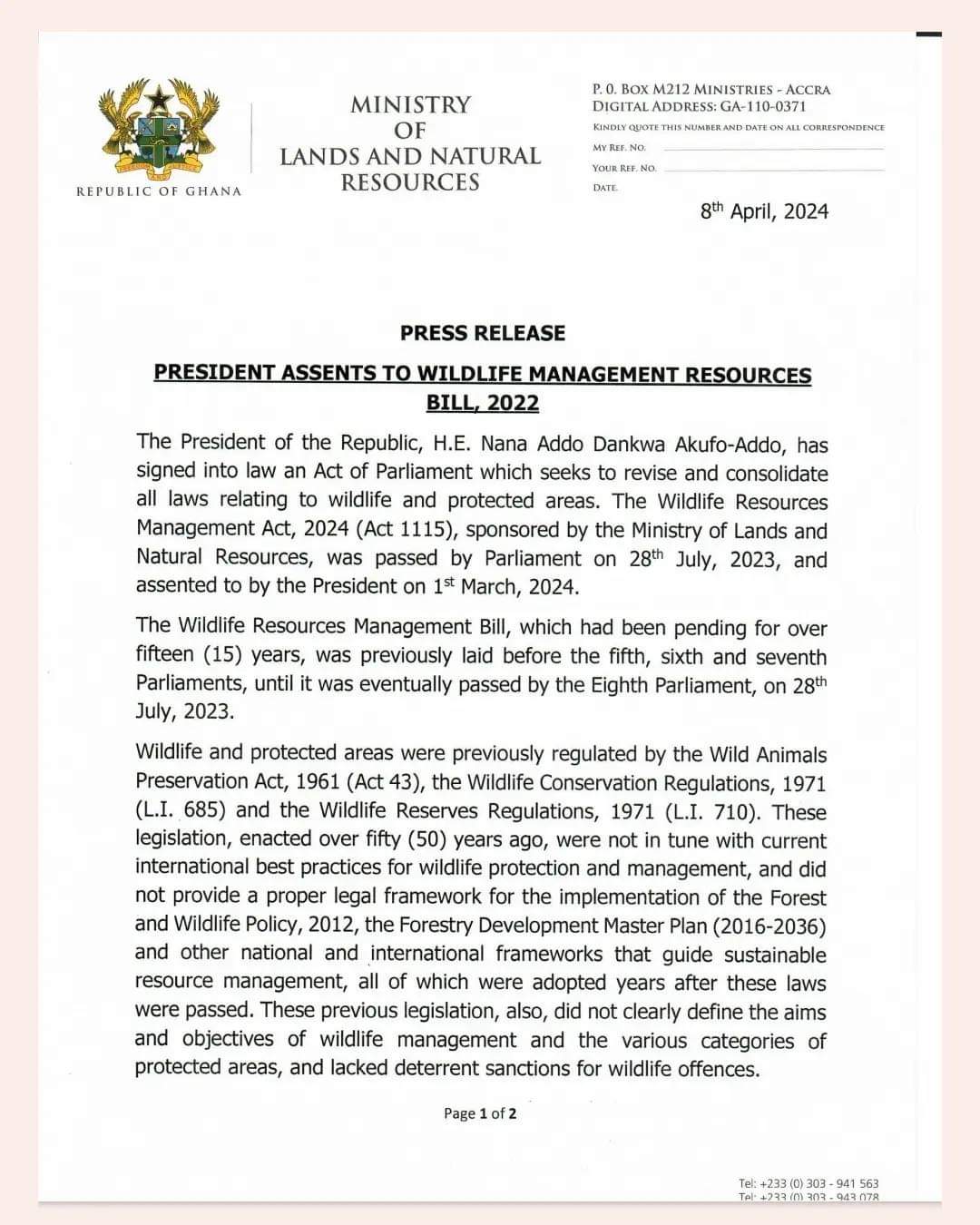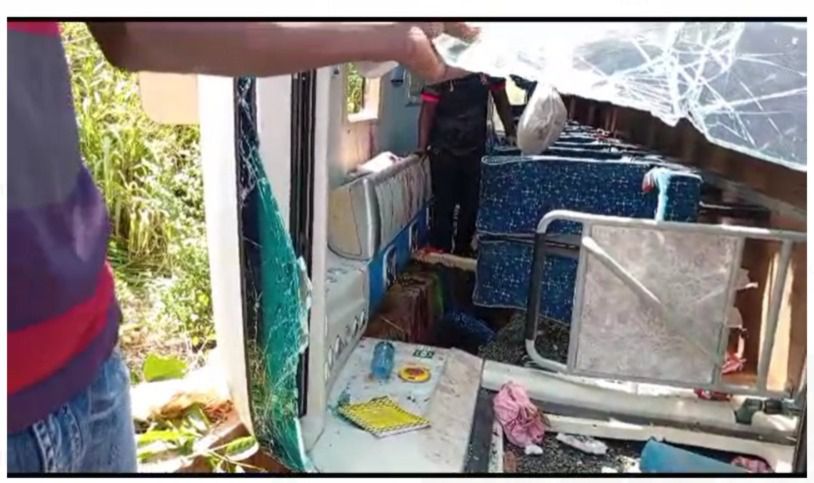


The West Africa Civil Society Institute (WACSI) has urged immediate action to curb illegal mining (galamsey) and promote sustainable resource management.
WACSI emphasised the critical need for stronger, more effective policies to protect Ghana’s natural resources from the destructive impacts of illegal mining.
The Institute said without decisive action, the country risked depleting its natural wealth, which was essential for long-term economic stability.
Dr Nana Asantewaa Afadzinu, the Executive Director of WACSI, speaking at a press briefing shortly after the launch of WACSI’s 20th Anniversary, stated that by promoting sustainable resource management, Ghana could reduce its reliance on foreign aid, ensuring that its resources were used responsibly for the benefit of future generations.
She underscored the detrimental effects of “galamsey” on Ghana’s natural resources and its broader economic implications, saying the destruction of water bodies and forests had significantly eroded the country’s wealth.
Responding to a question on the potential implications of USAID’s funding withdrawal from Africa, Dr Afadzinu said while foreign aid, including USAID, had played a pivotal role in addressing critical issues such as poverty, health, and education, Africa must develop sustainable solutions that reduced dependency on external funding.
In 2023, USAID allocated a total of $12.1 billion to countries in sub-Saharan Africa, with the objective of improving healthcare, delivering food assistance, and promoting security.
In 2024 it provided Ghana with approximately $150 million in bilateral development assistance.
The issue of foreign aid dependence, particularly with funding cuts from organisations such as USAID, raises concerns about the sustainability of development efforts in Ghana and elsewhere.
“But why should we need such funding when we have abundant resources,” Dr Afadzinu questioned.
He bemoaned the mismanagement of Ghana’s natural resources, forcing the country to rely on international assistance and making her vulnerable to external policy decisions.
Illegal mining remains a major challenge in Ghana, contributing to severe environmental degradation, including deforestation and the pollution of vital water bodies.
Despite government interventions, illegal mining continues to thrive, often with political and economic undertones.
The Executive Director said: “We are destroying our resources from galamsey. If we were doing our mining correctly under the right regulations, and stopping galamsey and preventing the destruction of our forest and water bodies, things could get better.”
“Can you imagine where Ghana will be if we used our resources correctly and we had government investing those resources into our development.”
She, therefore, urged the media and civil society to shift the national narrative towards self-reliance and accountability in resource management.
Dr Afadzinu emphasised the need for collective effort by the media, civil society organisations, and all stakeholders to nip the situation in the bud, stressing that such approach was crucial in holding persons accountable, promoting transparency, and safeguarding national resources for sustainable development.
“As Africans, we must take charge of our resources and hold our leaders accountable. If we don’t, we will always be at the mercy of Western countries, who can decide to pull their support at any time,” she added.
Dr Afadzinu said the resources lost due to corruption, illicit financial flows, and destructive practices such as illegal mining were significant, which should be addressed to prevent severe consequences.
She called on the Government to take decisive action against illegal mining, ensuring that Ghana’s resources were harnessed for sustainable development rather than lost to destructive activities.
Source: GNA
The post WACSI calls for urgent action on “galamsey” to aid sustainable resource management appeared first on Ghana Business News.
Read Full Story




















Facebook
Twitter
Pinterest
Instagram
Google+
YouTube
LinkedIn
RSS